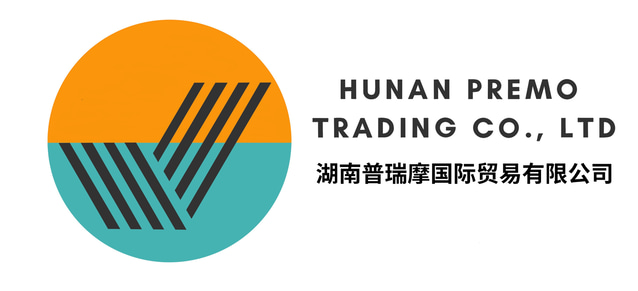Ghana’s Cocoa Industry: A Global Powerhouse
China’s Sweet Deal: How Ghana’s Cocoa Industry is Benefiting from a Growing Partnership.
Harriet Comley
4/6/20253 min read


Chocolate originates from the fermented and dried seeds of the cacao tree, primarily cultivated in a narrow belt around 20 degrees north and south of the equator. This region provides the optimal climate for cocoa growth, requiring consistent rainfall between 1,000-2,500 mm per year and temperatures in the low 20s degrees Celsius.
Africa dominates global cocoa production, contributing 70.4% of the world’s supply, compared to 15.4% from the Americas, 13.2% from Asia, and just 1% from Oceania. West Africa is particularly crucial, with Ivory Coast leading at approximately 2.2 million tonnes in 2022, followed by Ghana at around 650,000 tonnes.
Ghana has cultivated cocoa for over a century, making it a cornerstone of the country’s economy. Cocoa farming thrives in the forest regions of the Eastern, Ashanti, Brong Ahafo, Volta, Central, and Western North and South Regions, sustaining the livelihoods of millions of farmers.
China and the Chocolate Factory: Investing in Ghana’s Cocoa Processing
In recent years, China has become increasingly involved in Ghana’s cocoa industry, particularly in the area of cocoa processing. One of the most notable developments occurred in 2019 when Ghana and China signed a $100 million agreement to establish a chocolate processing factory in Sefwi Wiawso. The facility aims to process 40,000 tonnes of cocoa beans annually, significantly boosting Ghana’s capacity to add value to its raw cocoa before export.
Additionally, in 2020, the African Development Bank, Credit Suisse, and the Industrial and Commercial Bank of China (ICBC) provided a $600 million loan to the Ghana Cocoa Board (COCOBOD). This funding is being used to improve irrigation systems, rehabilitate disease-affected farms, expand warehouse facilities, and promote environmentally sustainable cocoa processing companies.
The Belt and Road Initiative: Strengthening Cocoa Trade
Beyond direct investments in cocoa processing, China has also played an indirect but crucial role in Ghana’s cocoa industry through the Belt and Road Initiative (BRI). Under this initiative, China has funded key infrastructure projects, including the expansion of Tema Port. This development enhances Ghana’s maritime logistics, making it easier and more cost-effective to export goods like cocoa. Improved port facilities reduce shipping times and costs, ensuring better access to international markets.
The results of these efforts are already visible. In 2023, Ghana exported cocoa and cocoa-based products worth approximately $27.75 million to China. This growing trade volume underscores the strengthening economic ties between the two nations.
Why Is China Increasing Its Cocoa Imports from Ghana?
1. Rising Demand for Chocolate
China’s expanding middle class is driving higher demand for chocolate and cocoa-based products. As consumer preferences shift towards premium chocolates, manufacturers require high-quality cocoa beans—something Ghana is well known for as the world’s second-largest producer.
2. Diversifying Cocoa Supply Sources
While China has traditionally sourced cocoa from Ivory Coast and Indonesia, it is now seeking to diversify its supply chain to reduce reliance on a single source. Ghana, with its reputation for producing high-grade cocoa, has become a strategic alternative.
3. Investing in Cocoa Processing
China is not just importing raw cocoa; it is also investing in local processing plants. By adding value to raw cocoa beans, China benefits from a more profitable supply chain while also supporting Ghana’s industrialization goals.
4. Strengthening Trade Relations
China and Ghana are deepening their trade and business partnerships, which has led to reduced tariffs and trade restrictions on cocoa exports. As a result, it is becoming increasingly cost-effective for China to import cocoa from Ghana, further fueling the expansion of the cocoa trade.
China’s growing involvement in Ghana’s cocoa industry marks a significant shift in global cocoa trade dynamics. With investments in processing plants, infrastructure improvements under the BRI, and rising demand for premium cocoa products, Ghana stands to benefit from strengthened trade relations with China. This partnership not only enhances Ghana’s export potential but also contributes to the long-term sustainability and value addition of its cocoa sector.
